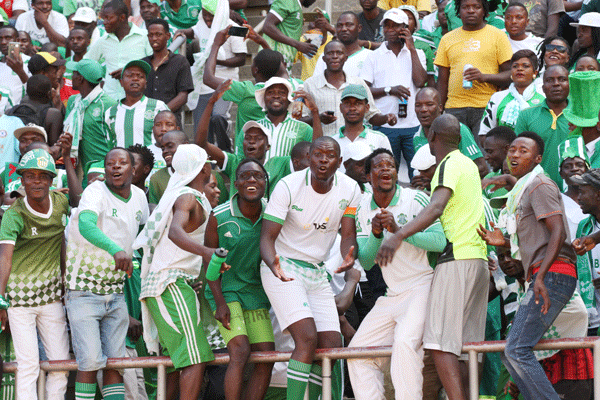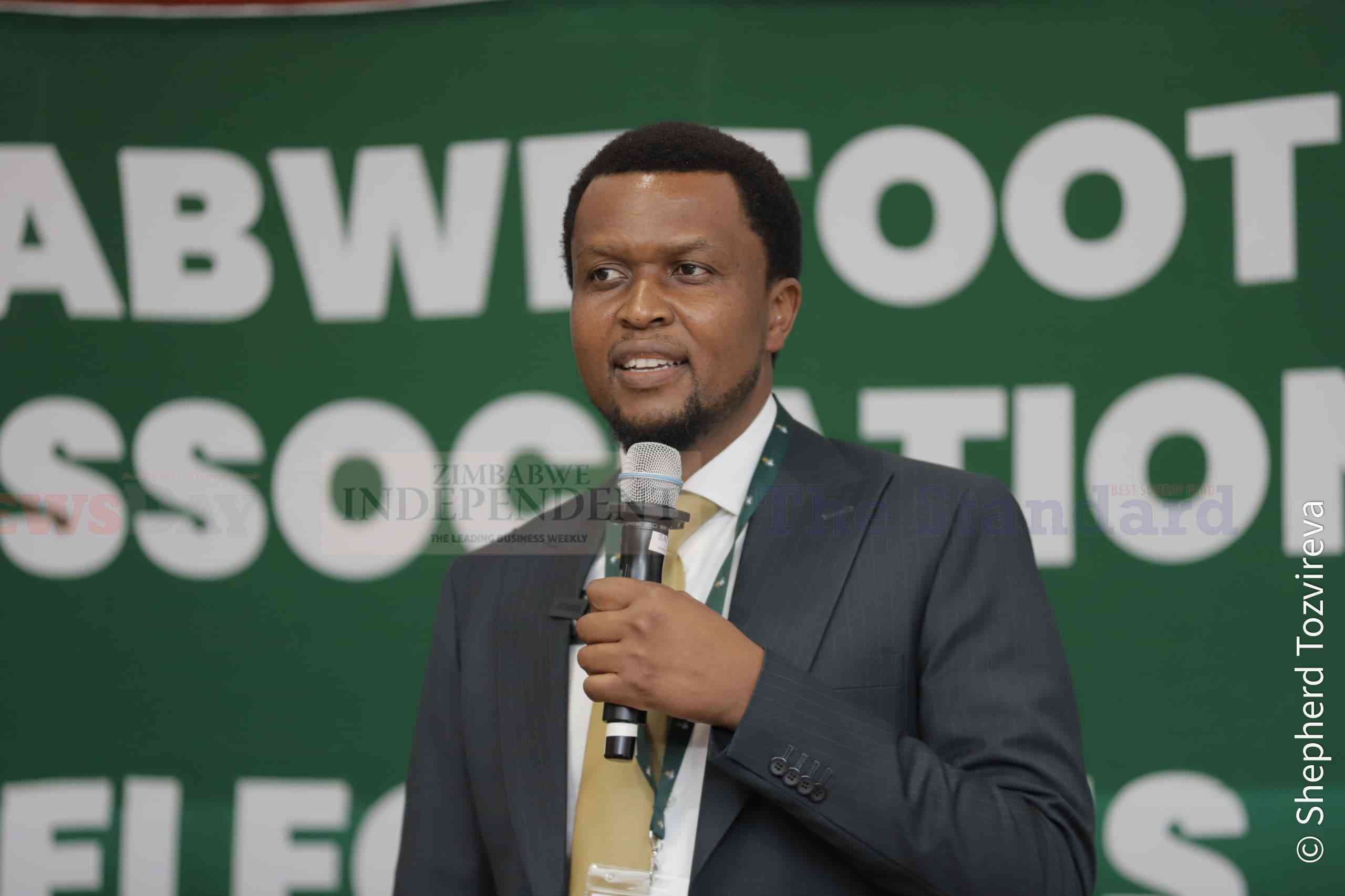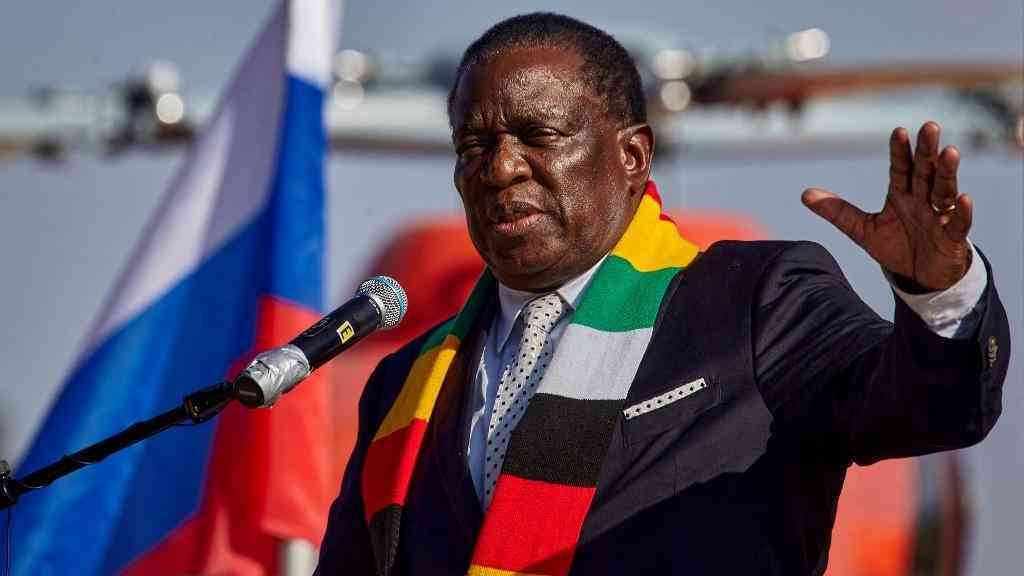
insidesport:with MICHAEL KARIATI
ZIMBABWEAN football followers should brace themselves for the imminent return of the domestic Premiership, with events on the ground suggesting that the August-May 2020/21 season kickoff could be in the offing.
Discussions between the football leadership and the government have been going on behind the scenes and the Castle Lager Premier Soccer League clubs could soon be back in training.
The government has already given low-contact sports like cricket, swimming, athletics, golf, tennis and horse racing, the greenlight to return on condition that they satisfy the strict Covid-19 safety requirements.
Other sports also on the wings of the government greenlight are triathlon, bowls, polo, darts, motorsport, rowing, archery and equestrian, which could return to action any time.
The discussions on the possible return of football have been aided by events taking place the world over, which have seen football return in several countries in Europe albeit behind closed doors, while last week Tanzania became the first African nation to resume its domestic league.
There are also other countries like South Korea, Belarus and Serbia, where football has returned before spectators with a game between city rivals, Partizan Belgrade and Red Star Belgrade (Crvena Zvezda) in Serbia attracting a crowd of around 16 000 paying fans.
This was 1 000 people less than the crowd that gathered to watch the match between bitter rivals Bate Borisov and Dinamo Minsk in the Belarus Premiership. There has not been any major impact on the Covid-19 statistics in the countries, which have allowed spectators into stadiums, but this is one of the biggest challenges facing the Zimbabwean game.
- Chamisa under fire over US$120K donation
- Mavhunga puts DeMbare into Chibuku quarterfinals
- Pension funds bet on Cabora Bassa oilfields
- Councils defy govt fire tender directive
Keep Reading
The questions that come to mind when it comes to Zimbabwe are: Will the Zimbabwean game be able to stand on its own without spectators, who are the major source of revenue for the financially crippled clubs?
Why should local Premier Soccer League matches be played without spectators when the league does not have a television broadcast deal and solely relies on gate takings to guarantee their survival?
Football is about entertaining the fans: What then would be the purpose of playing the games without spectators or anybody watching the action, not even on television?
That is not the end of it — what motivation would the players themselves have to show off their skills when they actually know that there is nobody watching them and that they are only entertaining themselves?
On the other hand, are the spectators that attend matches in Zimbabwe too many to have an impact on the Covid-19 statistics, should they be allowed entry into the stadiums, or that they are just too few and should be allowed to attend matches, but on strict Covid-19 safety guidelines?
It is not in question that Zimbabwean football is not a huge crowd puller with some matches in the Premier Soccer League attracting paltry crowds of between 100 and 500 people.
These fans cannot fill the National Sports Stadium or Rufaro Stadium should they be asked to seat 50 or 100 people on each bay and distant from each other.
Can’t such a 100-fans-per-bay situation be allowed in low-profile PSL matches and stricter conditions be imposed in huge crowd meetings involving Caps United, Dynamos, FC Platinum and Highlanders?
Word is that training is returning in South African football with chances that competition would be returning anytime. Events in South Africa could also influence what happens to Zimbabwean football, but those in positions of authority should look at the difference in environments before coming up with a position on Zimbabwean football.
South African clubs have massive sponsorship and huge television rights, yet in Zimbabwe, sponsorship is hard to come by, there is no television money to talk of, and, above all, most clubs rely on the paltry home gate takings to fulfil their next away fixtures.
Whatever the case, it would not make any sense for Zimbabwean football to return without spectators, as playing in empty stadiums would not be different from the money games that the authorities have banned.
l For your views, comments and suggestions, contact mkariati@gmail.com or WhatsApp on 0773 266 779.










